
CHF 60





We are a non-profit association based in Switzerland and focus on the collection and recycling of plastic waste in Kenya. Together with the local population, we want to build houses from the plastic and thus offer not only shelter, but also jobs and employment.
100% funded
The amount of CHF 40'000 enables us to further develop the houses according to a modular construction system including prototypes.
19% funded
With the additional amount of CHF 35,000, we can already rent suitable storage space for the collected plastic waste and purchase our own container for this purpose. In addition, smaller collection stations can be set up for the population in the village.
0% funded
With the remaining CHF 25,000 we can already produce and build the first two houses for families. After deducting all the salaries of our helpers in Kenya, there is even a small amount left over to print advertising material such as flyers and posters.
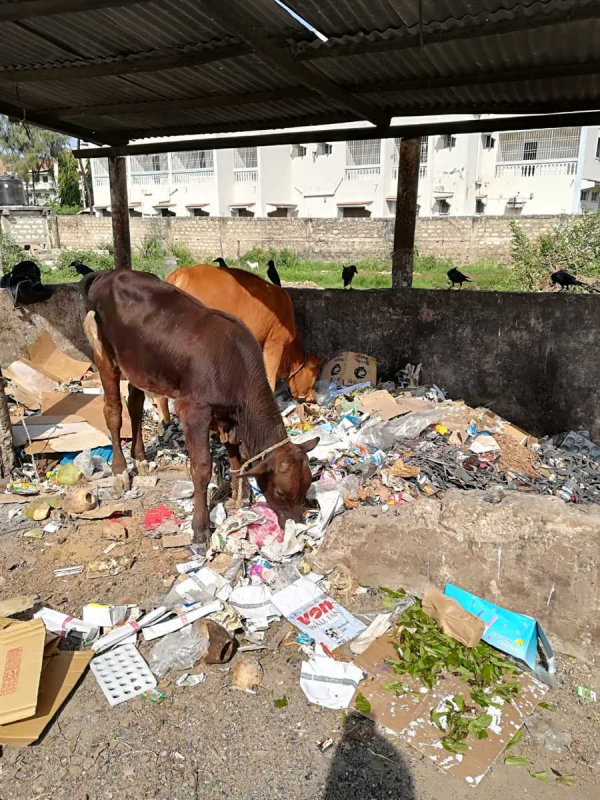
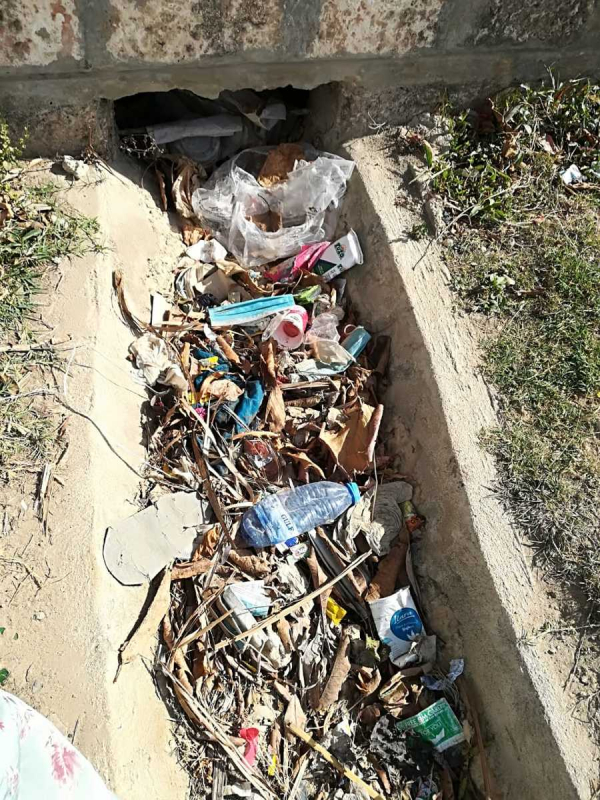
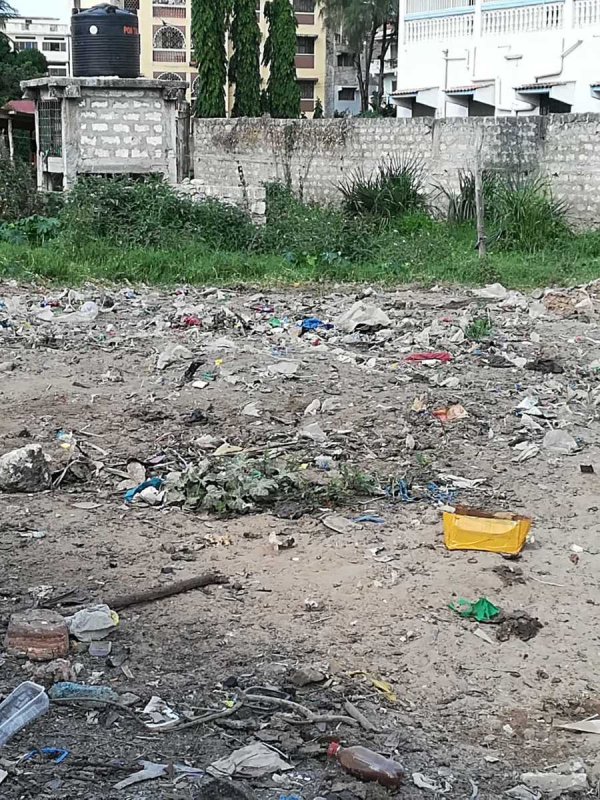
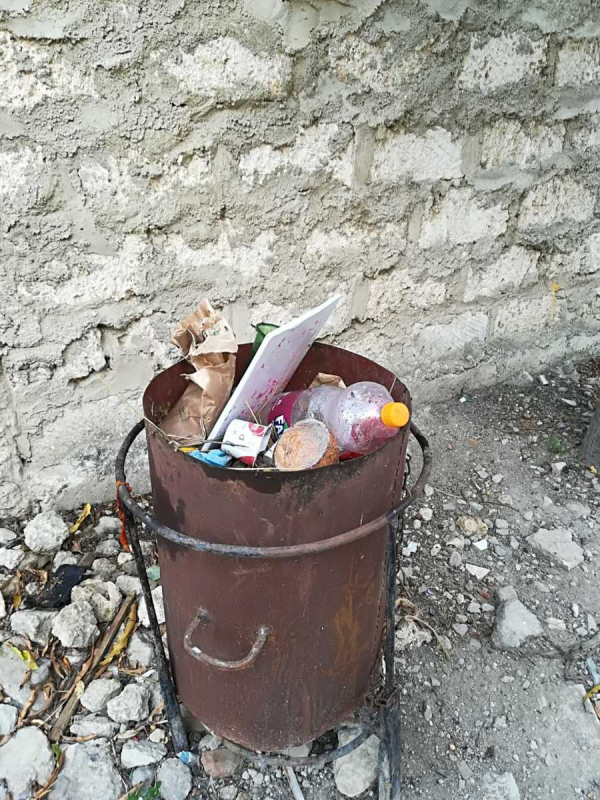
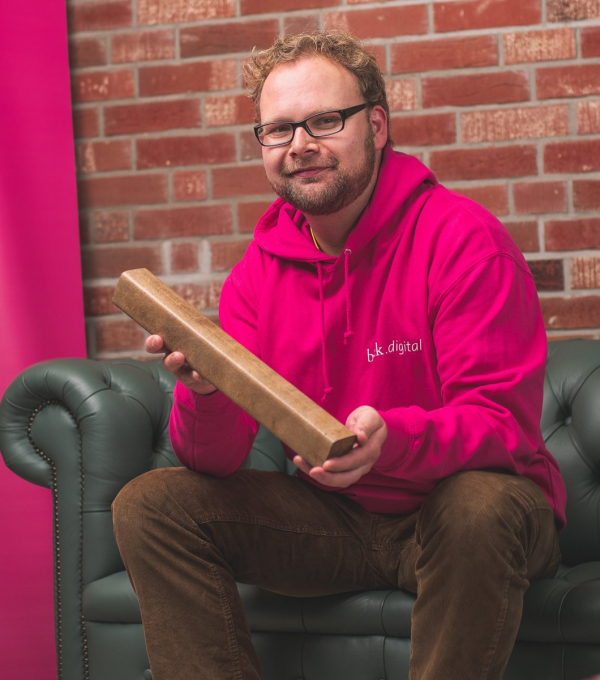
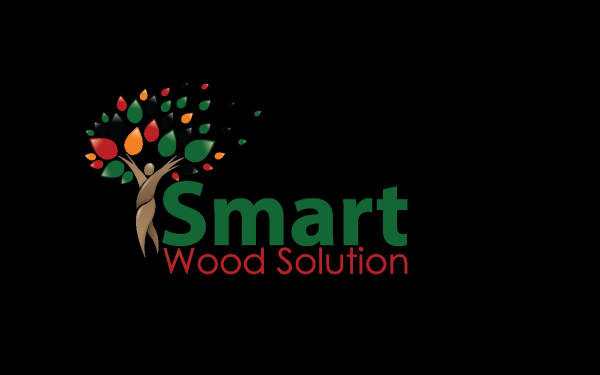
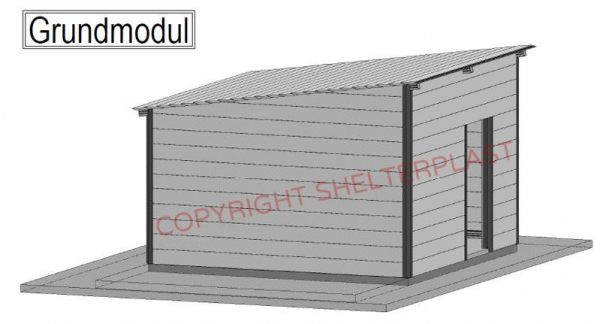
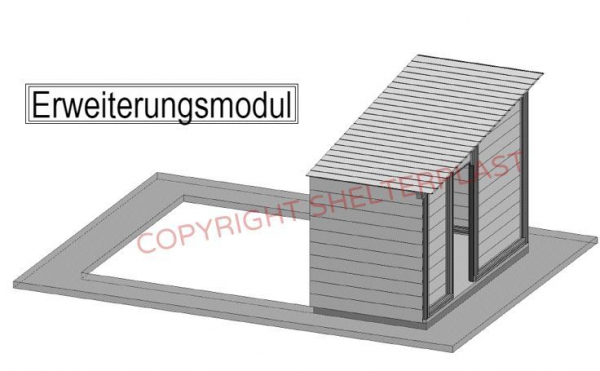
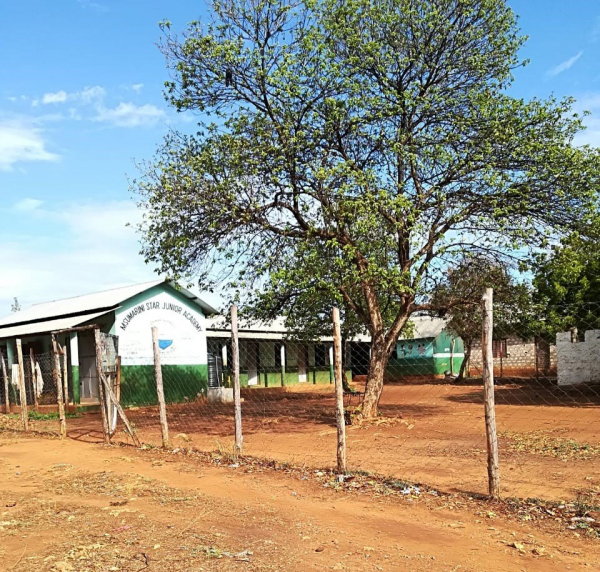
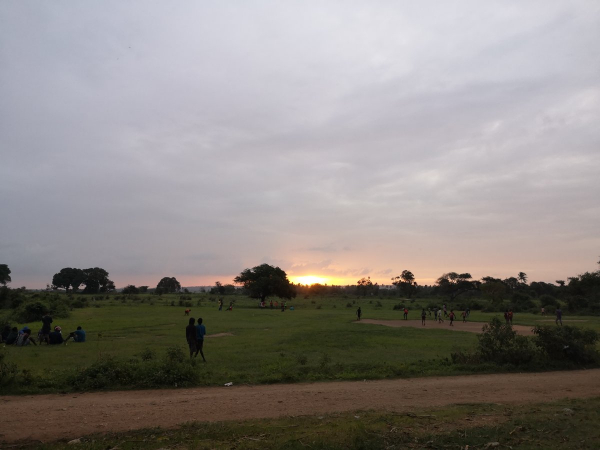

We are a non-profit association based in Switzerland and focus on the collection and recycling of plastic waste in Kenya. Together with the local population, we build houses out of it and thus provide not only shelter, but also jobs and employment.

The reconciliation of ecological, economic and social aspects has been on my mind for a few years now, both in my private life and in my educational and professional career.
I became aware of the importance of fairly paid work, access to education and environmentally sound waste management during various trips to South America and East Africa. Particularly in rural and coastal areas, I repeatedly encountered population groups that were unable to benefit from any or only minimal of the aforementioned privileges. This gave me the incentive to offer precisely these opportunities to less fortunate people.
After visiting the village of Msumarini in Kenya, my sympathy for the people living there and my curiosity about their cultural customs and traditions increased.
In connection with this project, I am now pursuing an affair of the heart.

I am a service technician and have been travelling the world for my company for three years. In many places I have seen how valuable raw materials are not or only partially recycled. When I visited my father in Kenya in summer 2019 and saw the plastic problem on the ground with my own eyes, it made me think. The same thought kept coming back to me, "What can be done to solve this problem?"
A few months later, on a boring car ride with Laura, the idea came to us. In Kenya, there is too much plastic waste that the inhabitants and residents can't do anything with, too little work and very poor accommodation in many places. "Let's take the plastic out of nature, create jobs and use it to build better housing for the poorest in society!" That a few weeks later we would actually muster the courage to go a step further and take on the solution was not something we had planned at the time.
But now we have found a suitable production partner and can finally start planning for the first show house. As the project manager for the house construction, I am enormously pleased when we can finally raise the necessary capital and devote ourselves to the construction in Msumarini.

My name is Zuena Baschung-Fondo. I grew up in Mombasa, Kenya. I am married and the mother of a thirteen-year-old daughter. I have lived in Switzerland for seventeen years.
In my childhood there was very little plastic and recycling was part of our everyday life. I remember trading old clothes for shoes. You got a Kenyan shilling for a soda bottle. Aluminium cans were made into oil lamps and bottle tops into musical instruments. We always took a bag made of sisal or palm leaves to go shopping. My village was clean and tidy then.
Nowadays, it is impossible to imagine our everyday life without plastic. I see plastic on the ground everywhere. Be it while walking on the beach or in the vegetable field. Even animals that we consume later eat plastic. When I swim in the sea, plastic comes towards me.
Our village Msumarini, where my family and I live, is green, the air is clean and fresh. People in the village live simply - according to their tradition and culture. I want to make my fellow villagers aware that we need much less of the harmful plastic and that we can recycle the little we need.

I am a father of four, a secondary school teacher and have been dreaming of Africa since I was a child. I had to be 43 years old before I came to Africa for the first time. Meanwhile, I spend a few weeks every year in Msumarini, Kenya. The people here call me Chengo. I see how they live in this small village on the Indian Ocean. I experience paradisiacal beauties and abysmal contradictions here.
I see myself as part of Msumarini. Not only when I shop here in the Duka or with the farmers and fishermen of the village, or when I drink palm wine with the men of the village in the evening. I want to contribute something that is good for the village and its inhabitants.
Stephan and Laura, my son and his girlfriend, develop an idea during a stay in Msumarini: recycle plastic into building material and use it to build simple houses. This gives the people here work and a roof over their heads and counteracts plastic pollution. This is how dreams become projects. And now it's time for implementation.
